Navigating the complexities of international taxation can feel like a daunting task for many individuals and businesses alike. With shifting regulations and diverse tax systems across countries, it's essential to understand your obligations to avoid costly mistakes. Whether you're expanding your business overseas or managing personal investments abroad, having the right guidance can make all the difference. Dive into our article to explore tailored strategies and expert insights that can simplify your international tax journey!

Client Information and Background Summary
International taxation encompasses complex regulations governing cross-border transactions and income for businesses and individuals. Multi-national corporations often navigate diverse tax systems across jurisdictions such as the United States and the United Kingdom, where different tax rates and compliance requirements can impact profitability. Key factors include transfer pricing rules, permanent establishment definitions, and treaties designed to prevent double taxation. Understanding the tax implications of expatriate employees, foreign investments, and international trade is crucial. Clients seeking international tax advice must provide comprehensive financial information detailing income sources, asset locations, and existing agreements to ensure tailored recommendations and compliance with local laws. Additionally, changes in tax legislation, such as the OECD's Base Erosion and Profit Shifting (BEPS) initiatives, require vigilance and adaptability in planning strategies to mitigate risks and optimize tax liabilities.
Detailed Tax Obligations and Compliance Requirements
International taxation involves complex regulations that define a taxpayer's obligations, especially regarding income generated across borders. Taxpayers must adhere to tax compliance requirements that vary by jurisdiction, such as the Foreign Account Tax Compliance Act (FATCA) in the United States, which mandates financial institutions to report information about foreign assets and accounts held by U.S. taxpayers. Each country, like the United Kingdom or Germany, imposes its own regulations regarding residency status, dual taxation agreements, and corporate tax liabilities, which must be thoroughly examined to ensure compliance. Failure to meet these requirements can lead to significant penalties and interest charges. Moreover, staying informed about updates in international treaties and changes in local laws is crucial for maintaining compliance in a global context. Understanding the implications of transfer pricing rules and international reporting standards is equally important to effectively manage tax obligations.
Cross-Border Tax Strategies and Opportunities
International taxation presents unique challenges and opportunities for individuals and businesses navigating cross-border transactions. Understanding tax treaties, such as the United States and United Kingdom agreement, can optimize tax liabilities and prevent double taxation on income exceeding certain thresholds. Corporate entities involved in mergers or acquisitions across jurisdictions, like EU member states, may benefit from transfer pricing strategies that align with OECD guidelines. Additionally, foreign tax credits can minimize the impact of taxes paid in countries like Canada or Australia when repatriating profits. Engaging in tax planning can leverage incentives offered in specific regions, such as low corporate tax rates in Ireland. Recognizing compliance obligations across different jurisdictions, including filing deadlines and documentation requirements, is crucial for mitigating penalties and ensuring adherence to local laws. Tax professionals can facilitate strategic decisions that align with both domestic laws and international obligations, enhancing global business operations.
Legal and Regulatory Considerations
International taxation involves complex legal and regulatory frameworks that vary by country, impacting businesses and individuals engaged in cross-border transactions. Countries like the United States, Germany, and Japan have specific tax treaties designed to prevent double taxation and facilitate compliance. For instance, the OECD Model Tax Convention outlines strategies for tax jurisdictions to resolve conflicts and ensure fair taxation, while local laws may introduce additional requirements for reporting foreign income. As of October 2023, staying updated on developments such as the Base Erosion and Profit Shifting (BEPS) initiative is crucial, as it encompasses measures that significantly affect international tax obligations. Businesses must navigate these regulations carefully to avoid penalties and ensure adherence to both home and host country tax laws.
Contact Details for Further Guidance and Consultation
International taxation can be complex, involving multiple jurisdictions and compliance with various tax regulations. Taxpayers may encounter challenges, such as navigating double taxation agreements (DTAs) between countries to avoid being taxed twice on the same income. Understanding residency rules, such as the 183-day rule, is essential for determining tax obligations in each country. Different forms, such as the IRS Form 1116 for Foreign Tax Credit, can provide credits against US tax liabilities for taxes already paid overseas. Taxpayers often benefit from consulting with experts knowledgeable in international tax law to ensure compliance and optimize tax strategies. Specific considerations may include foreign bank account reporting (FBAR) requirements, implications of Controlled Foreign Corporations (CFC), and tax treaties that may offer favorable rates on income types, such as dividends or royalties, from abroad.

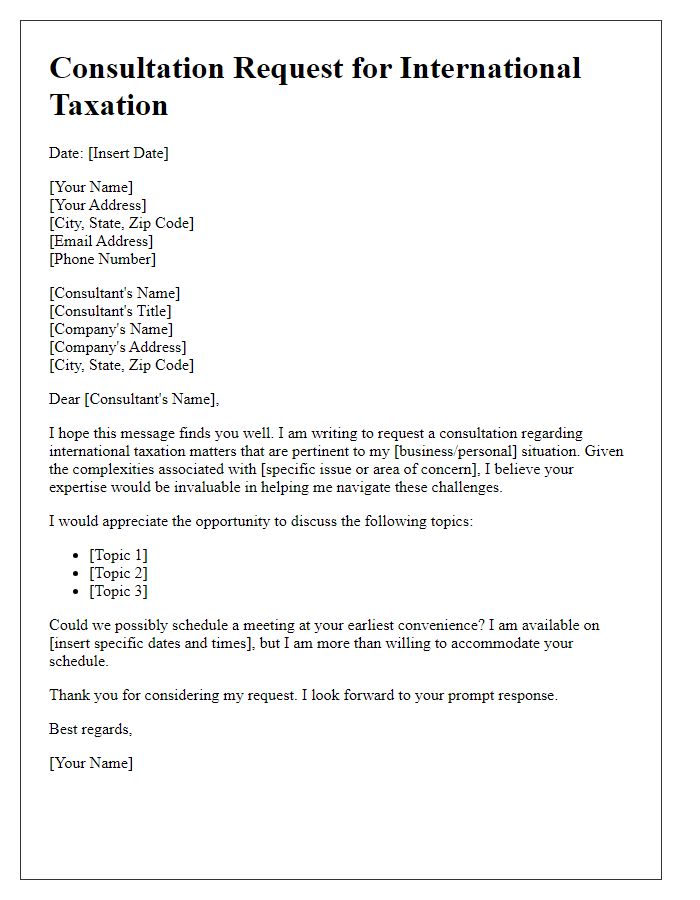
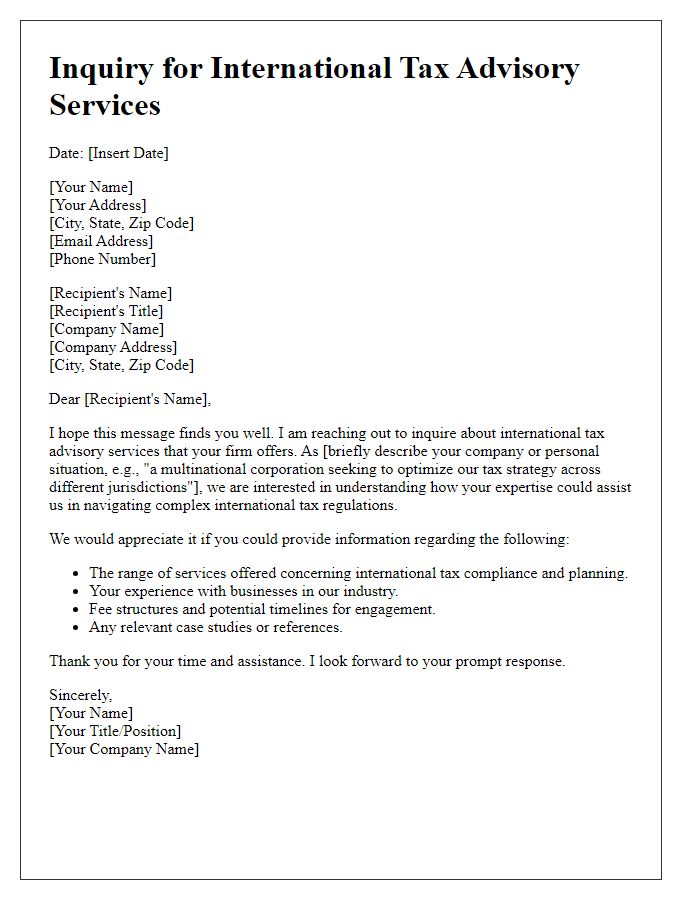
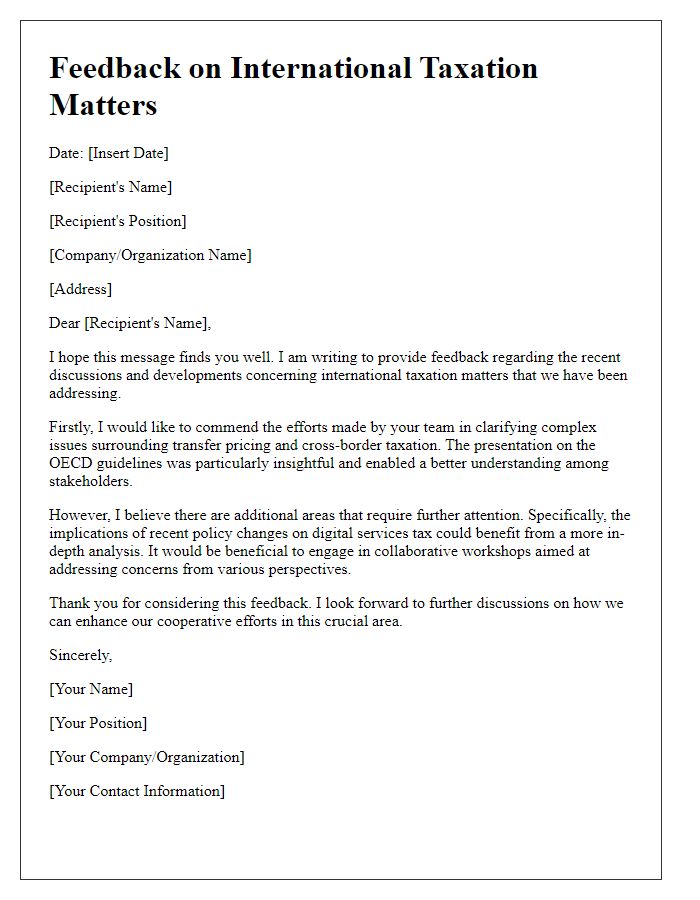
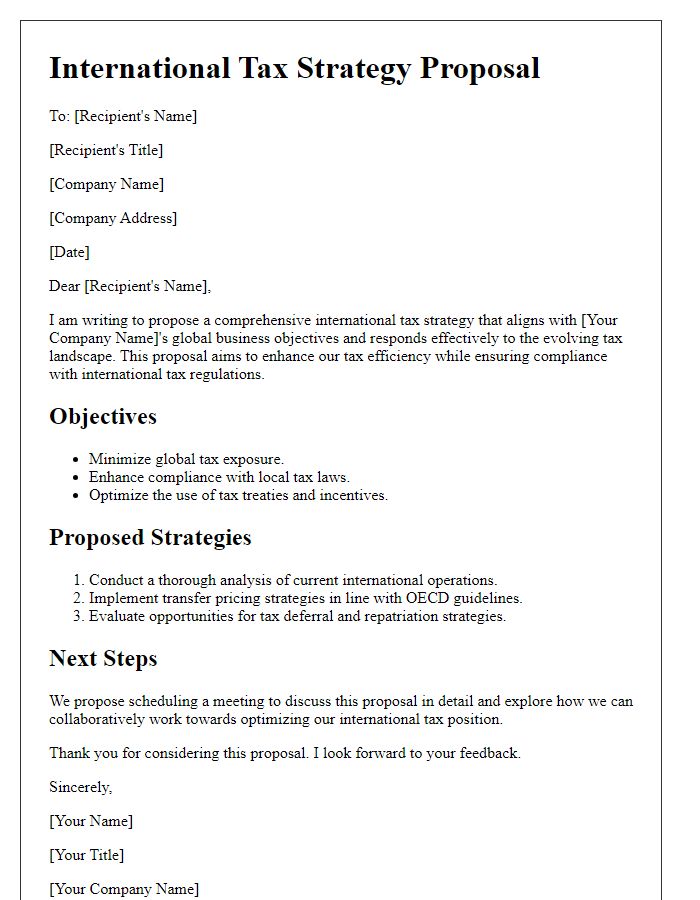
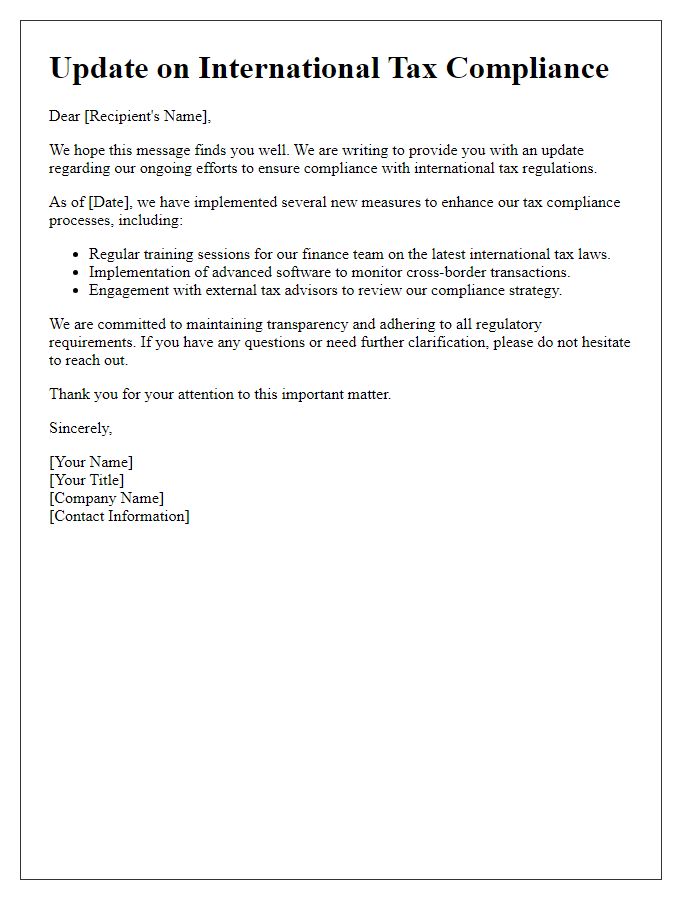
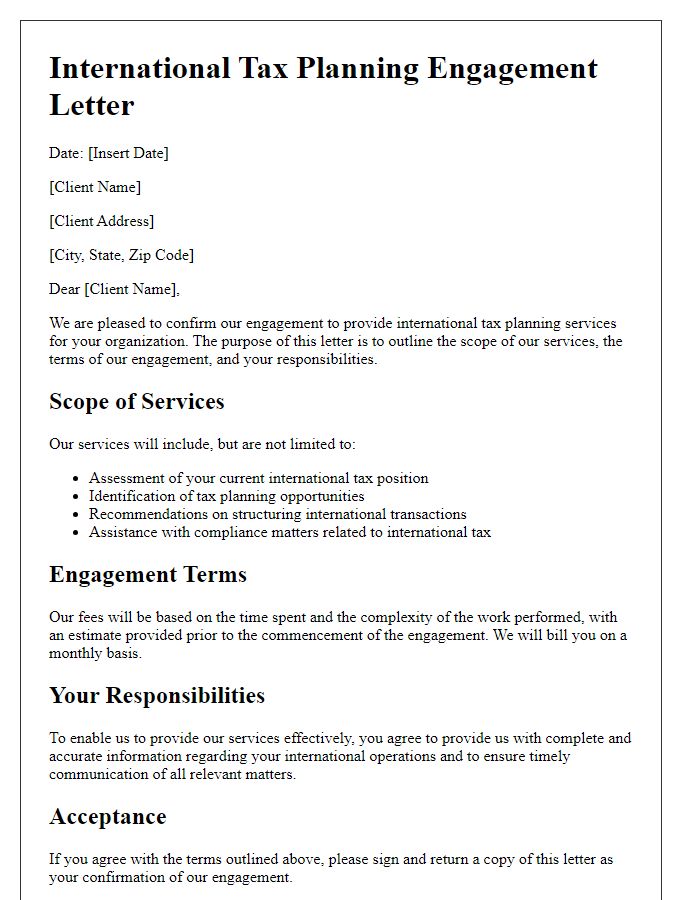
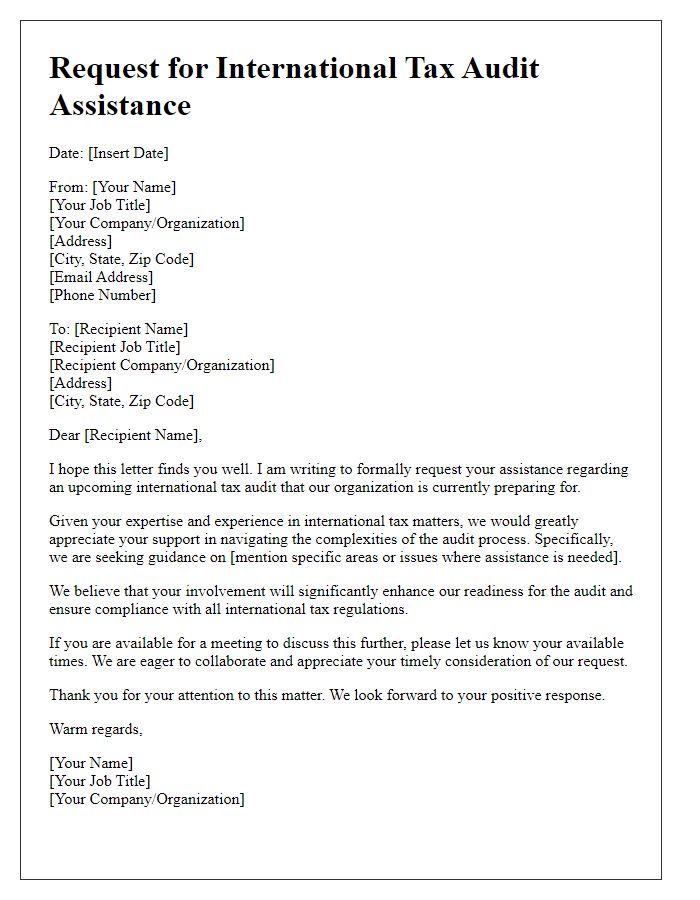
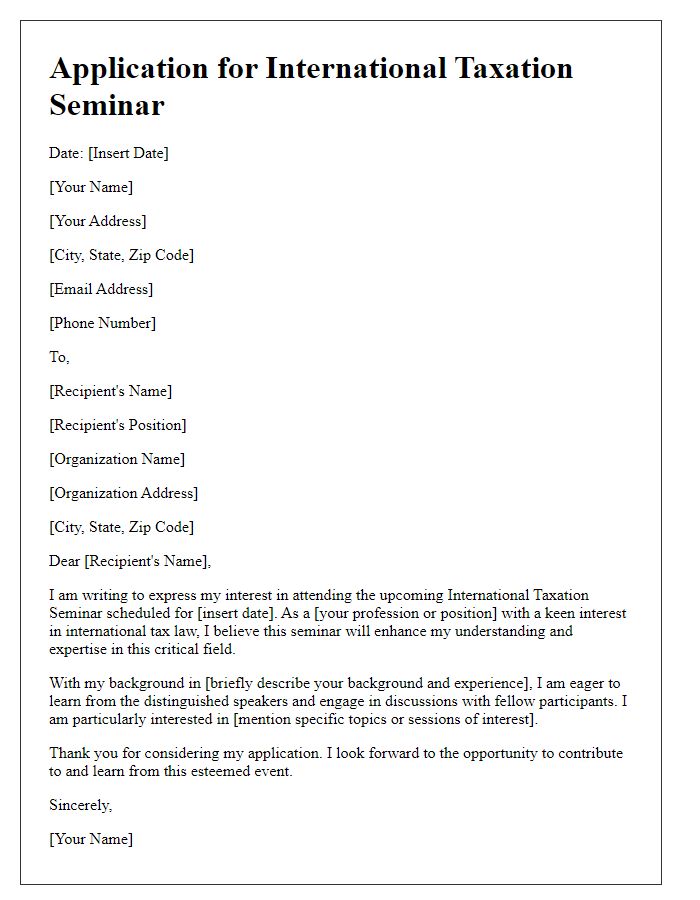
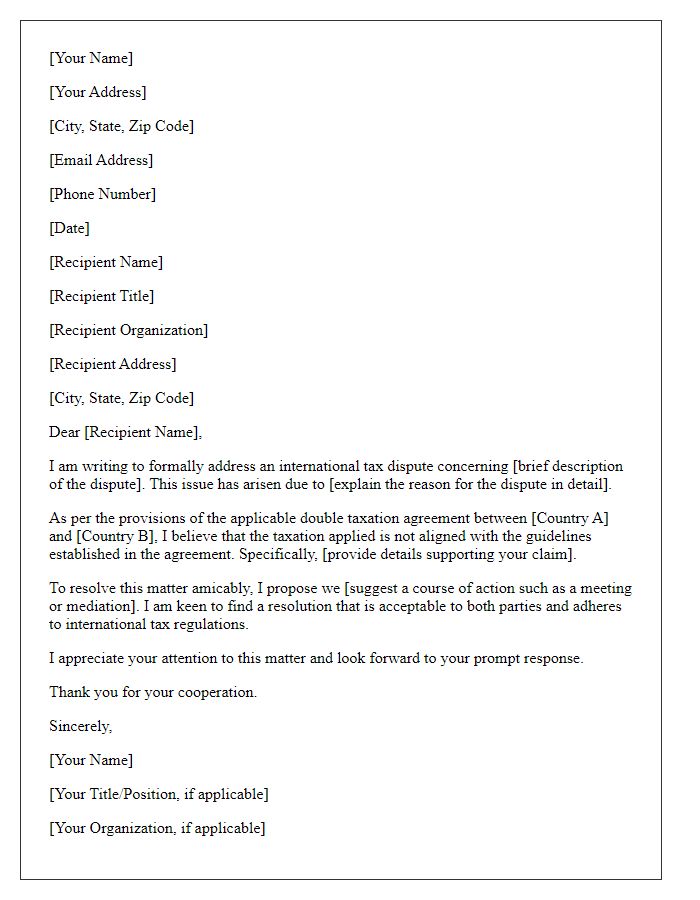
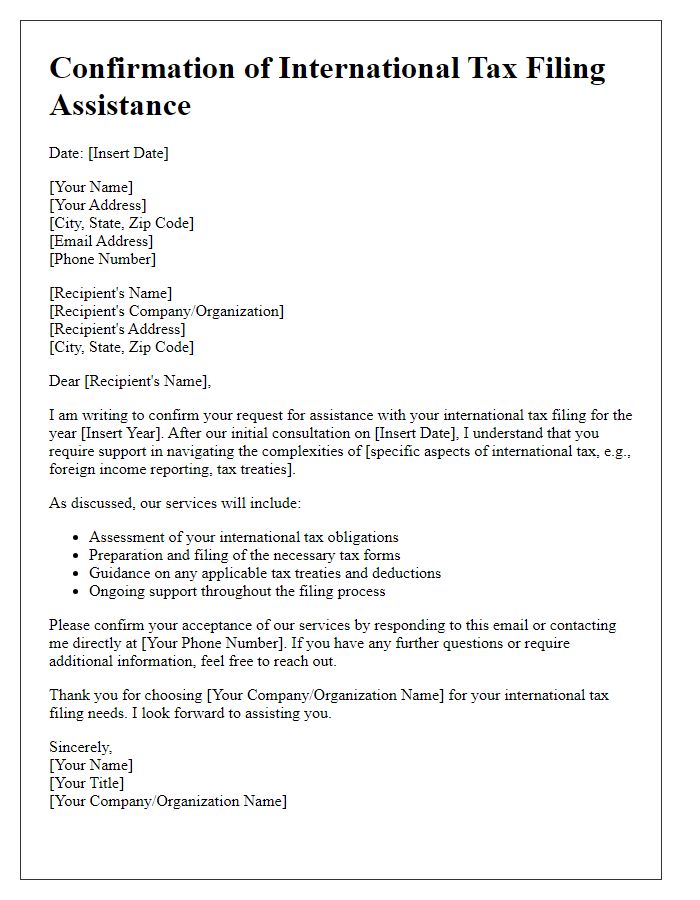


Comments